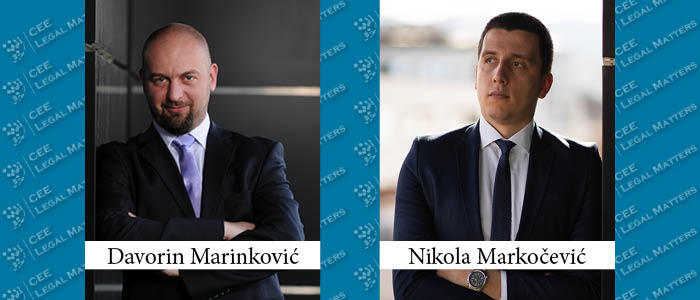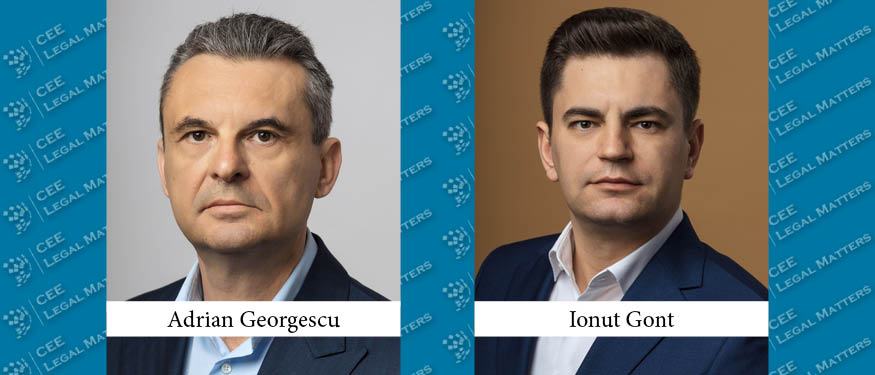After 5 years of drafting and procedural manoeuvres, the Parliament of Bosnia and Herzegovina finally adopted last year amendments to the Public Procurement Law.
These amendments are one of the main reasons why Bosnia and Herzegovina recently received a recommendation for candidate status for EU membership. This supposed to be further harmonization of the public procurement regulations in accordance with the EU directives as well as with international standards and recommendations of the Council of Europe in this area.
What is particularly interesting are the provisions concerning public procurement in the field of legal services provided by lawyers and similar professions such as notaries and representatives of minors, as they are now exempted from the application of the Public Procurement Law, as prescribed by the Article 10. Legal services concerning lawyers are defined, as follows:
1) legal representation in arbitration or conciliation in Bosnia and Herzegovina and another country or before an international bodies,
2) legal representation before courts or administrative bodies in Bosnia and Herzegovina or another country or before international courts and institutions,
3) legal consultancy services provided during the preparation of any legal proceeding or if there is a concrete indication and a high probability that the legal matter to which the advice refers will become the subject of such proceedings.
The assumption is that such legal services can only be provided by a lawyer within the framework of the intuitu personae relationship, which is characterized by the strictest confidentiality. So, as the Bosnia and Herzegovina Public Procurement Agency explains, the logic of these provisions is actually to give the contracting authority the possibility to freely choose a lawyer as such a relationship is a relationship of complete mutual trust and confidentiality. This confidentiality could be threatened if there is an obligation of the contracting authority to determine the conditions for the award of such a contract as well as the obligation to publish such conditions. The Bosnia and Herzegovina Public Procurement Agency also explains that the purpose of these provisions is to guarantee the full realization of the right to a defence, as well as that every person should have the opportunity to turn to his lawyer completely freely.
Before the amendments, legal service had to be procured through the public procurement process and offered price was the basic criteria that contracting authorities had to apply when engaging lawyers. This easily turned to be false economy, as sometimes such low bids resulted with poor performance in the courtroom.
However, we must emphasize that these provisions on exemption of legal services are not completely clear and precise. For example, above could mean that the exemptions from the public procurement do not apply to the general provision of legal consultancy services to contracting authorities by lawyers, but only if they relate or may later relate to concrete judicial proceedings of arbitration. However, it will be interesting to see how this distinction will be made in practice, as almost every matter that is subject to legal advice may result with a judicial proceeding.
It should be noted that legal services that are not listed in Article 10 of the Law on Public Procurement, are awarded in accordance with a special by-law adopted on the basis of the Law on Public Procurement.
These recent amendments on the Law on Public Procurement also introduced more details related to public procurement officers, exemptions according to EU directives, prior market verification, mandatory division into lots, personal capacity of bidders, disqualification due to conflict of interest and corruption according to EU directives.
Anti-corruption provisions are also introduced, however, one of the most significant shortcomings in this law is the lack of mechanisms for punishing law breakers, which protects all those who misuse this law, i.e., public procurement, from sanctions. In addition, political influence on the appointments and work of the members of the Procurement Review Body has not been removed, which further increases the public's mistrust of this process.
We surely look forward to seeing how these changes will be implemented in practice.
By Davorin Marinkovic, Partner and Nikola Markocevic, Senior Associate, Dimitrijevic & Partners















